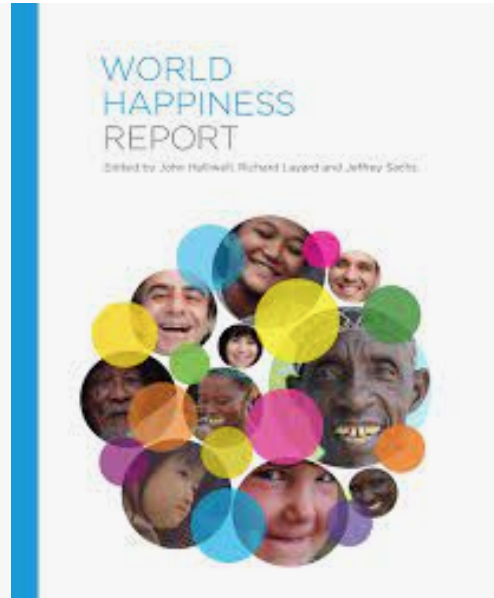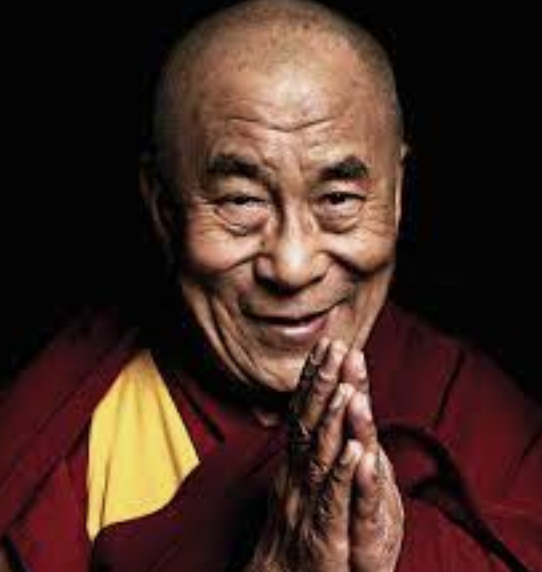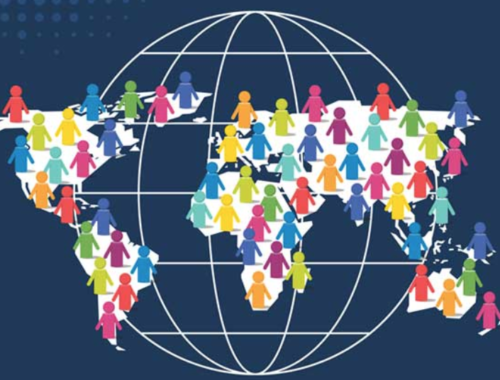Being Happy is Good News. How Does Canada Fare?
There is More Good in the World Than Bad

We all want to be happy. In fact the Dali Llama believes the meaning of life is to be happy and useful. We all know however, happiness, is elusive and ever changing.
One moment you may be happy, but something happens, such as hearing someone you know has died and that can make you feel sad or even despondent.
Furthermore, what makes one person happy may have the reverse effect on another. Carl from Edmonton was elated and Sylvie from Calgary was upset when Jason Kenny, the Premier of Alberta, announced he was stepping aside as Premier due of lack of support.
Research has also shown individual happiness is partly genetic.
Given this possible quick swing between being happy or unhappy, you may be skeptical when I tell you there is A Happiness Index which measures the happiness of a country. In fact, it is used by the U.N. and many countries of varying degrees of prosperity as a guide to creating social policy.

The concept of measuring happiness started in Bhutan, a beautiful mountainous country of 775,000 nestled between China and India where Buddhism is the dominant religion.
Realizing the country did not have the resources to substantially increase their Gross Domestic Product (GDP)* the traditional measurement used to measure a country’s economic progress, the 4th King of Bhutan created a new form of measurement, he called the Happiness Index, in 1972.
The King believed the measuring of a country’s social development and progress should be more holistic and give equal importance to non-economic aspects of well-being i.e. those things that made people happy.
These were put into an index (The Happiness Index) which then became the guide for the establishment of the social policies for the country. This idea took some time to gain traction, however, the world slowly began to realize the measuring of a country’s progress primarily by its increase in GROSS DOMESTIC PRODUCT (GDP) which was focused on boundless growth on a planet with limited resources, was no longer economically or environmentally viable.
Jeffrey Sachs, one of the world’s outstanding and renowned economists, and the Earth Institute he heads at Columbia University **were commissioned to come up with the first report and measurement of happiness. They subsequently developed what is now known as the Happiness Index using some of the criteria used by Bhutan.

Much of the data is gathered by the Gallup organization who interview a cross section of at least 1000 people per country in 150 countries. The people are asked questions about their own happiness on a scale of 1-10 about the following areas in their own country:
GDP per capita, social support, health, life expectancy, freedom to make life choices, generosity, perception of corruption, unexplained happiness
All of these are considered to be a factor in people’s happiness.
The 2022 report which came out in March opened with the following remarks:
This year marks the 10th anniversary of the World Happiness report which uses global survey data to report how people evaluate their own lives in more than 150 countries worldwide. The WORLD HAPPINESS REPORT reveals a bright light in dark times. The pandemic brought not only pain and suffering, but also an increase in social support and benevolence.
As we battle the ills of disease and war, it is essential to remember the universal desire for happiness and the capacity for individuals to rally to each other’s support in times of great need.
Some other findings, many of which you may find surprising:
- As a result of evolution people have a built-in desire to be happy
- Worry and stress were not up as much as the previous year
- Crisis brings out the worst and best in people
- People are working together more to deal with bad times
- People viewing the Ukrainian war from a distance tend to feel lucky they are not there
- People tend to feel unhappy about various events, but in general these are offset by good things such as benevolence and trust. Benevolence is up in all three categories: donating to charity, helping a stranger and volunteering. Being benevolent makes you feel good.
- Counties who trusted their institutions during COVID and where there was less income inequality had a lower death rate
The report compiled findings from over 150 countries. The Nordic countries were again at the top of the list. Israel, which is perpetually on the edge of war, was 9th , Canada 15th (down from 7th in 2018) and the U.S.A. – with all of its’ crazy happenings -16th.
To read the full report go to https://worldhappiness.report/
Does the news give us the true picture? In fact, Israel has a high-income level, excellent education and health care systems and strong social services. As for the U.S., perhaps they are happy with gun violence and having a dysfunctional government. What about Canadians? Are we being smug and in reality, not faring as well as we think we are?
Here are the top 20 countries:
1) Finland
2) Denmark
3) Iceland
4) Switzerland
5) Netherlands
6) Luxembourg
7) Sweden
8) Norway
9) Israel
10) New Zealand
11) Austria
12) Australia
13) Ireland
14) Germany
15) Canada
16) United States
17) U.K.
18) Czech Republic
19) Belgium
20) France
Bhutan was 95.
At the bottom of the list are: South Sudan, Central African Republic, Tanzania, Rwanda, Yemen, Malawi, Syria, Botswana, Haiti. Afghanistan was dead last.

Having a country whose citizens are happy is indeed a noble objective. If you want Canada to be happier you may wish to heed some more words of the Dalai Lama,
“Happiness mainly comes from our own attitude, rather than from external factors and the more we think of others the happier we are.”
What makes me happy from the report is an increasing number of countries are taking this Index seriously and using more than economic factors to guide their country’s social policies and sense of WELL BEING.
Till next time,
Chris Snyder
* GDP is the value of all of the goods and services a country produces on an annual basis.
** One of the editors of the Happiness Index (when it originated and currently) is Economics Professor John Helliwell of UBC.
You May Also Like

Saying Positive and Supportive Things to Others
August 13, 2023
Cambodia!
January 13, 2019